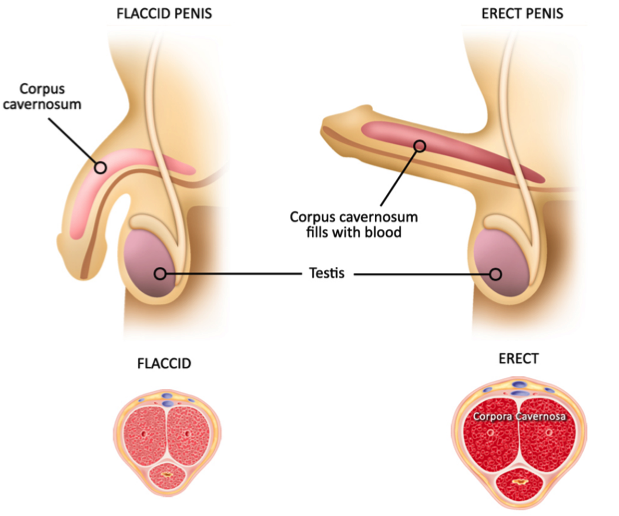Impotence Becomes Erectile Dysfunction
It is worth noting that in December 1992, a panel of experts convened under the auspices of the National Institutes of Health, a U.S government entity in the medical field, recommended that the term “erectile dysfunction” be used in place of “impotence.” The panel reasoned that the ward “impotence” had serious negative implications; was used in an ambiguous manner; and, as a consequence, has contributed to confusing and interpretable results in both clinical and basic scientific investigations. There is much to be said for this recommendation. Nevertheless, throughout this we have in most instances continued to use the word “impotence,” despite its sometimes pejorative implications, reasoning that this is the term that is best known to the general public and, therefore, would be less confusing to our readers at the present time. In subsequent editions of this book, this usage could change.
It is not certain how many American males suffer from impotence and other forms of sexual dysfunction. Impotence is not a contagious disease required by law to be reported to public health authorities. Part of the problem, as suggested already, is the ambiguous nature of the term and the difficulty of defining exactly when occasional impotence becomes regular and persistent. Another reason is that impotence victims have generally been “in the closet,” usually too embarrassed to discuss their problems, even with their own physicians. Until quite recently, most American medical school have regarded human sexuality in general, and especially male sexual dysfunction, as a taboo subject. In the past, the occasional researcher expressing interest in the field has often been viewed suspiciously by professional colleagues.
When was the last time, during an annual physical examination, that your doctor asked if you were experiencing any form of sexual dysfunction? If he or she has never asked you such a question, you have reason for concern. Bear in mind that sexual dysfunction is not only a problem in its own right, but can all be symptomatic of several serious underlying diseases.
